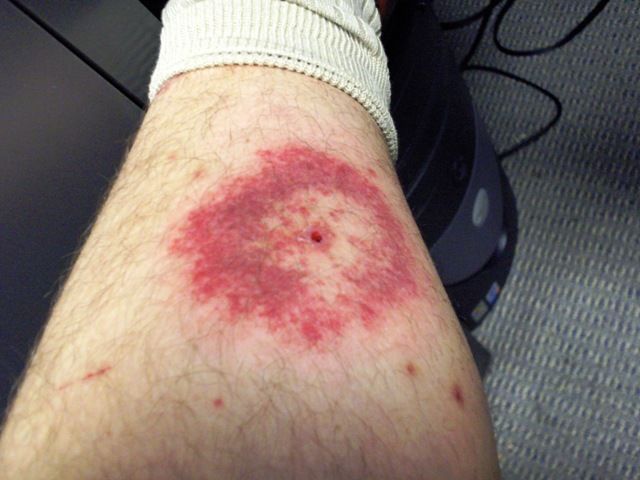By now we really shouldn’t be too surprised by the heavy deluges that for almost a decade have signified that it’s Danish summertime.
A quick review of the country’s biggest festivals tells you everything you need to know. NorthSide in June: 28 mm of rain in three hours; Roskilde in June/July: a rush to sell one-day tickets as the heavens opened; Langelands in July: a locked-down carpark due to fears of a mudbath.
But, and it’s nice to use the expression literally, for every cloud there’s a silver lining, as it would appear the weather has not been all bad news this summer.
Tourists unperturbed
The number of foreign visitors has remained strong. Summerhouse rentals firm Novasol has had a really good year, with the number of foreigners staying overnight increasing by 1.4 percent from January to May 2017 compared to last year.
“Denmark is a so-called cold water destination. You know that it’s not a Mediterranean country. The approach to a holiday is different,” explained Novasol’s sales director, Philip Kildegaard, to DR.
According to VisitDenmark, Germans are behind almost 60 percent of all overnight stays by foreigners in Denmark. They typically book summerhouses near beaches.
Ticks all round
Wood ticks – we didn’t specify it was only good news for humans! – are also flourishing.
A damp spring followed by warm sunshine has seen wood tick numbers soar – an epidemiologist told Ekstra Bladet he caught 700 in three hours! – and it’s reported that up to 20 percent of them could be infected with the Borrelia bacteria that can settle in the nervous system and cause paralysis.
Eastern Jutland, Funen and Zealand were the worst hit, with western and north Jutland largely free of the pests. Contrary to popular belief, ticks are not only found in the forest. Visitors in cities and parks can also be bitten.
Similar conditions also suggested the country could be swarming in mosquitoes by the end of July, but cooler than normal conditions kept numbers down.
Hooking a record year
While certain freshwater fish are lured to the surface by the increase in insects precipitation brings, the same can’t be said about those dwelling in the sea. But that hasn’t stopped Danish fishermen enjoying their best ever year, according to Finans.
Some 449,000 tonnes of fish were brought in during the first five months of the year – double the volume of 2016, which was itself a record year.
Nevertheless, Esben Lunde Larsen, the minister for food and environment, has been stripped of his duties pertaining to the fishing industry due to his dissatisfactory record. Karen Ellemann will now add it to a portfolio that includes equality and Nordic co-operation.
No fruit of endeavour
But alas, it’s been a terrible summer for fruit growers. Due to the frost that returned to Denmark this spring following a warm patch, fruit growers have endured damages of a severity not seen since 1991.
A night with frost on April 19 froze off many of the flower buds on apple trees in Denmark. The production of pears and berries has also been impacted.
In related news, research confirms that fungi, viruses and bacteria can all be used as microbiological weapons to combat insect pests, with no negative impact on insects used in biological pest control, such as aphid midges.















